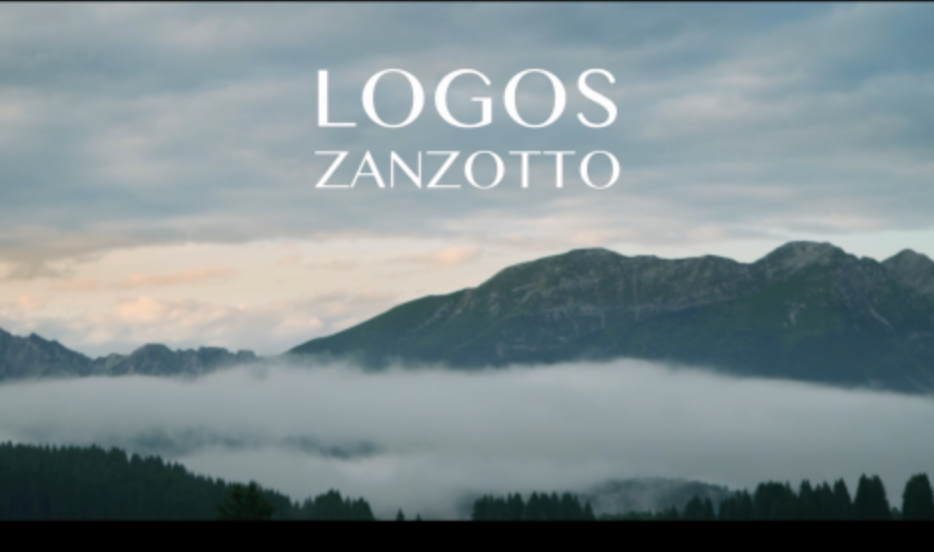
(Re)Thinking Landscape: Ways of knowing/Ways of being
September 29-October 1, 2022 — Yale University
The cumulative crises of anthropogenic climate change, Indigenous land and water defender campaigns, and calls to decolonize museums, universities and other cultural spaces have directed attention to the material structures of power that shape our interaction with place. If landscape studies have traditionally focused on questions of representation and cultural imaginaries, how does taking land seriously as a category prompt a rethinking of landscape? Landscapes have real, material impacts on our lives but landscape is also a canvas onto which a variety of emotional, ideological, and discursive involvement is mapped. Landscape is used by artists, writers, theorists, and politicians to tell us something—and, importantly, to make us believe something—about our lives and ourselves. As inhabitants, stewards, and architects of landscape, we have a responsibility to think critically about the role of landscape. Land and landscape are a point of entry to reckon with how colonial, nationalist, heteronormative, and white supremacist systems and structures impose themselves on land, waters, and communities. Given the very material politics of the present, what utility does landscape have as a framework? What does a history of landscape that centers land relations look like? What does landscape tell us about temporality, endurance, disappearance, emergency, and disaster?
Keynote Speakers: Nick Estes (University of Minnesota) and Tiffany Lethabo King (University of Virginia)
Film screening: Logos Zanzotto (2021, Italy, dir. Denis Brotto), followed by Q&A with the director
We invite papers from interdisciplinary scholars working at the convergence of land, representation, and politics across media, geographies, and time periods. Through the framework of the Environmental Humanities, this conference seeks to re-think landscape studies and the definition of landscape through a cross-disciplinary dialogue across the humanities and social sciences.
Possible topics may include, but are not limited to, the following:
- The interplay between materiality and representation
- Land relations and land ethics
- Disappearing/enduring landscapes
- Landscape and memory studies
- Landscape and belonging
- Landscape and the picturesque
- Representing landscapes in literature, art, cinema, and other creative media
- Immaterial and invented landscapes
- How representation shapes how we know and value land
- Landscapes/Seascapes/Skyscapes
- Shoals and other in-between formations
- Embodied experiences of landscape
- The ethics of land art
- Landscapes as materials, metaphors, media, archives, and frameworks
Please send an abstract of 250 words and a short bio to the symposium organizing committee at rethinking.landscape.conference@gmail.com by May 31.
We encourage proposals that emphasize expansive thinking about landscape from scholars, artists, and activists at all stages of their careers.
This conference is generously sponsored by The Edward J. and Dorothy Clarke Kempf Memorial Fund and the Yale Environmental Humanities program.